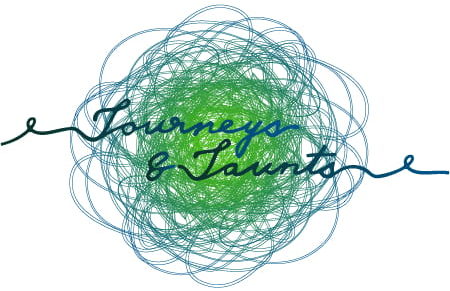The solar term starting on November 7th (or November 8th in some years) is called 立冬or “beginning of winter” in English and is a traditional Chinese festival. It marks the day after which the time the sun shines will continue to shorten and the sun will appear lower and lower in the sky at noontime. 立冬 is the 19th out of the 24 solar terms in the year.
It is made up of the three pentads 水始冰 (shǔi shǐ bīng in Pinyin), 地始冻 (dì shǐ dòng in Pinyin), and 雉入大水为蜃 (zhì rù dà shǔi wèi chèn in Pinyin). The first pentad, 水始冰, literally means “water begins to freeze” and it delineates the time when the first bodies of water start freezing over. The second pentad, 地始冻, can be translated as “the earth begins to freeze” and – obviously – indicates the time of the first ground frosts at night. The third pentad has the weird name 雉入大水为蜃, which literally translates to “pheasants enter the water and become clams”. The reason for this odd name is that people used to observe that pheasants would not be seen outside anymore at that season, and at the same time, clams were ready to harvest in the water. Someone must have connected the two and it stuck…
With the beginning of winter solar term, the weather patterns all over South Asia change and rainy season begins in the south. At the same time, the air cools down. This means that instead of rain, Northern China will probably get snow around this time.

Typical foods for this solar term are jiaozi (small boiled or steamed filled dumplings) in the North, as well as pumpkin and Chinese dates. Why dumplings? Because they look like ears (sort of) and people believed if you ate them, your ears would not freeze off during the winter. Whatever excuse you give me – I’ll willingly eat jiaozi any day of the year!
You are also encouraged to eat a lot of meat during this season. The most traditional is mutton, as it is believed to nourish the internal organs and helps you stave off the cold. Other foods that are believed to be especially nourishing in this time are dog meat, lamb, beef, chicken, venison, shrimp, pigeon, quail, sea cucumber and other foods that are rich in protein and fat. Up to you which ones you like or are brave enough to eat.

In the South of China, specifically in Minzhong (Guangdong province), the custom on beginning of winter solar term is to boil a soup of certain roots of plants found in the area. The broth is then enriched by adding chicken, duck, rabbit meat or pig’s trotters, pork belly, etc. Each family used to have their own traditional recipe for this and the soup is supposed to nourish your kidneys, strengthen your stomach, and be good for your waist and knees.

Popular activities for people on beginning of winter were winter swimming and starting to brew rice wine. Winter swimming is an activity that many old men still follow here in Northeast China to this day. They even hack channels into the ice once the river is frozen solid to do so. Crazy? Probably. Fun? Definitely!




